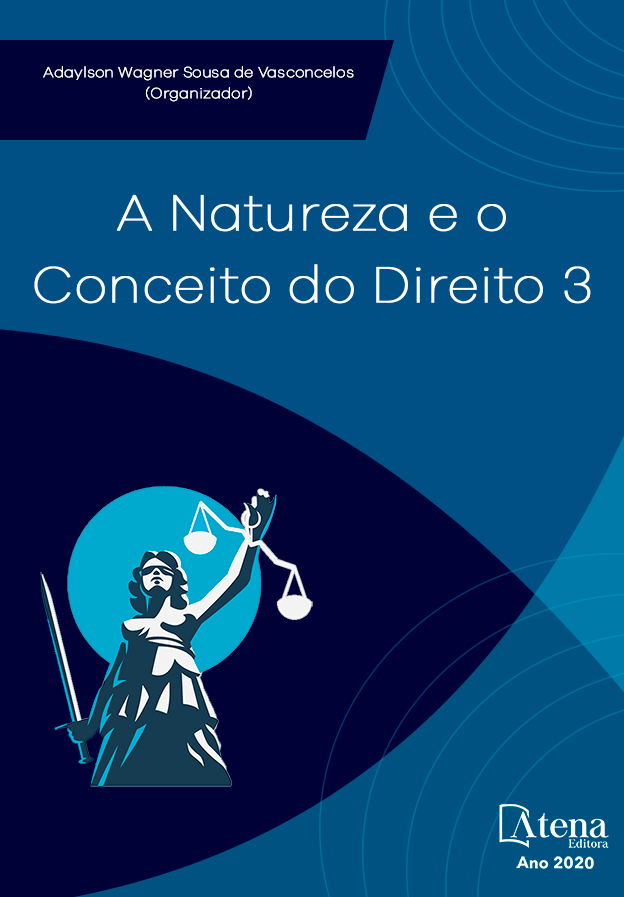
A JUSTIÇA RESTAURATIVA E UTILIZAÇÃO DE MEIOS AUTOCOMPOSITIVOS DE RESOLUÇÃO DE CONFLITOS COMO CONDIÇÃO DE POSSIBILIDADE PARA A RESTAURAÇÃO DA HARMONIA SOCIAL
Este estudo abordará a “Política Nacional de Justiça Restaurativa no Âmbito do Judiciário” e como a utilização de meios autocompositivos de resolução de conflitos busca reestabelecer conexão entre a vítima e o ofensor. Introduzido pelo Conselho Nacional da Justiça (CNJ) por meio da Resolução n° 225/2016, atenta à nova forma de resolução dos problemas decorrentes da materialidade de um delito. Para que a aplicabilidade da restaurativa seja eficaz, fez-se necessário um espaço físico adequado, bem como a capacitação dos facilitadores e círculos de restauração próprios. Observa-se o problema: de que maneira a Justiça Restaurativa resgata o valor “justiça” no seio social e como está sendo implementada na região? A partir desta problemática, o objetivo deste estudo é explicitar as mudanças que eliminam ou amenizam as causas propulsoras dos conflitos, a fim de promover a paz social e analisar juizado específico implementado no RS. Utilizar-se-á do método analítico, a partir de leituras bibliográficas pertinentes aos temas. Como resultado parcial, é possível verificar a implementação da Justiça Restaurativa em diversos estados, dando destaque ao Juizado de Violência Doméstica da Comarca de NH, o qual apresenta-se estruturado e com grupo multidisciplinar ativo. Portanto, possível concluir que a Justiça Restaurativa é importante para a restauração das relações, ao tratar com as peculiaridades das partes.
A JUSTIÇA RESTAURATIVA E UTILIZAÇÃO DE MEIOS AUTOCOMPOSITIVOS DE RESOLUÇÃO DE CONFLITOS COMO CONDIÇÃO DE POSSIBILIDADE PARA A RESTAURAÇÃO DA HARMONIA SOCIAL
-
DOI: 10.22533/at.ed.60602011096
-
Palavras-chave: CNJ. Justiça Restaurativa. Legislação.
-
Keywords: CNJ. Restorative Justice. Legislation.
-
Abstract:
This study will approach the “National Policy for Restorative Justice within the Judiciary” and how the use of self-contained means of conflict resolution seeks to re-establish a connection between the victim and the offender. Introduced by the National Council of Justice (CNJ) through Resolution No. 225/2016, attentive to the new way of solving problems arising from the materiality of an offense. For the applicability of the restorative to be effective, it was necessary to have an adequate physical space, as well as the training of the facilitators and their own restoration circles. The problem is observed: how does Restorative Justice recover the value of “justice” in the social context and how is it being implemented in the region? Based on this problem, the objective of this study is to explain the changes that eliminate or alleviate the driving causes of conflicts, in order to promote social peace and analyze a specific court implemented in RS. The analytical method will be used, based on bibliographic readings relevant to the themes. As a partial result, it is possible to verify the implementation of Restorative Justice in several states, highlighting the NH District Court for Domestic Violence, which is structured and has an active multidisciplinary group. Therefore, it is possible to conclude that Restorative Justice is important for the restoration of relations, when dealing with the peculiarities of the parties.
-
Número de páginas: 15
- Tatiana Martins do Amaral
- Daniele Weber Leal
- Jones Mariel Kehl
- Taís Eduarda Rostirolla


